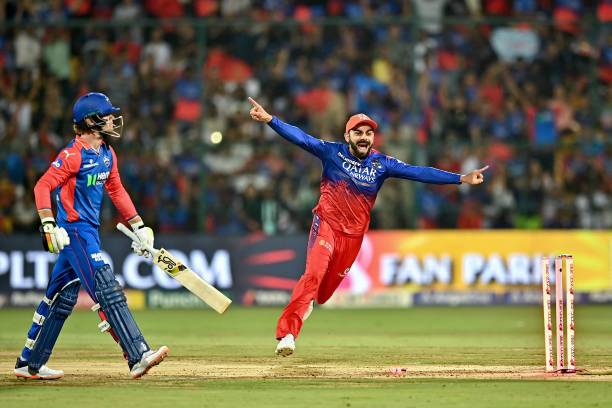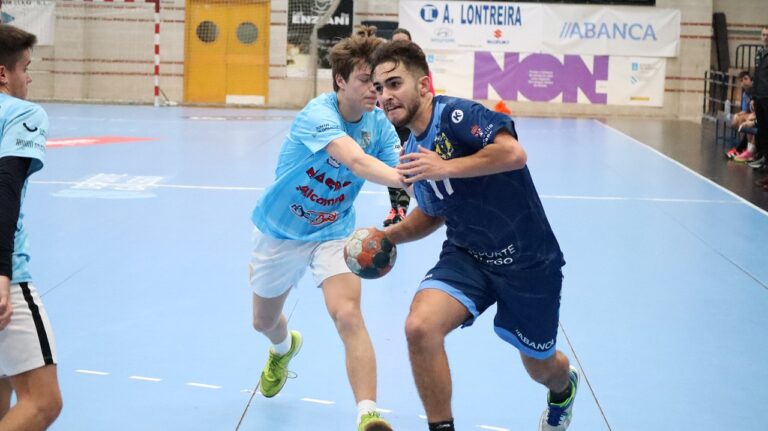Investigating the Impact of Cultural Competence in Coach Selection on Handling Team Controversies in Cricket
Lotus365: Cultural competence is a crucial factor to consider when selecting a coach for a team. Coaches who are culturally competent are better equipped to navigate the diverse backgrounds and perspectives of their players. Understanding and appreciating various cultures can lead to stronger relationships between the coach and team members, fostering a more inclusive and supportive team environment.
Moreover, a culturally competent coach is more likely to effectively communicate and connect with each individual player, recognizing their unique values and beliefs. This in turn can enhance team cohesion and performance, as players feel understood and respected by their coach. By prioritizing cultural competence in coach selection, organizations can ensure that their teams are not only successful on the field but also inclusive and respectful off the field.
Understanding the Influence of Culture on Team Dynamics
Culture plays a significant role in shaping the dynamics of a team. The beliefs, values, and behaviors of team members are influenced by their cultural backgrounds, which can impact communication, decision-making, and conflict resolution within the team. Understanding how culture affects team dynamics is crucial for coaches to effectively manage their teams.
Cultural differences can lead to misunderstandings and misinterpretations among team members. For example, differences in communication styles may result in conflicts or breakdowns in collaboration. Coaches need to be aware of these cultural nuances and work towards fostering an inclusive and respectful team environment where diverse perspectives are valued and integrated for the overall success of the team.
Challenges Faced by Coaches in Handling Team Controversies
Handling team controversies can be one of the most daunting challenges for coaches in any sport. When disagreements or conflicts arise within a team, it can disrupt team cohesion and impact overall performance. Coaches often find themselves in the difficult position of mediating between conflicting players, managing emotions, and maintaining team unity.
One common challenge coaches face is navigating differing personalities and egos within the team. It can be challenging to balance the individual needs and opinions of each team member while also fostering a collective team identity. Additionally, coaches must address controversies swiftly and effectively to prevent them from escalating and causing further damage to team dynamics.







